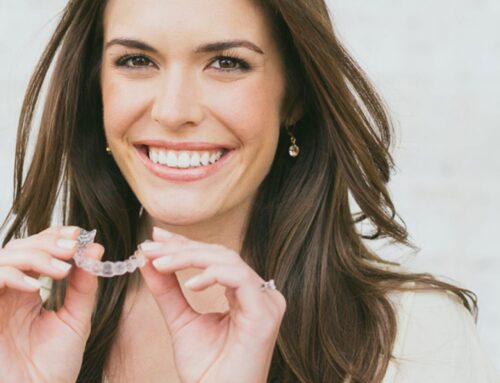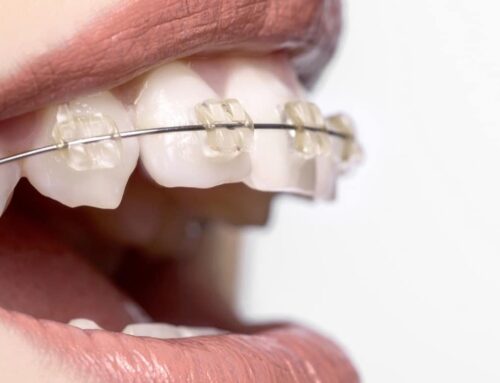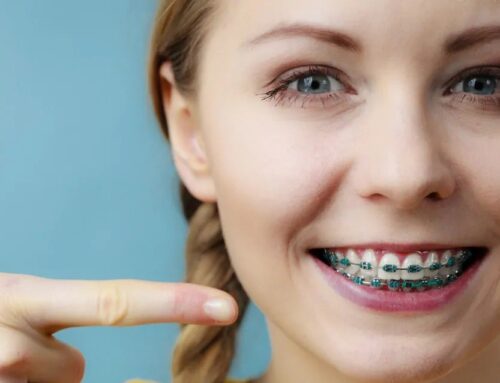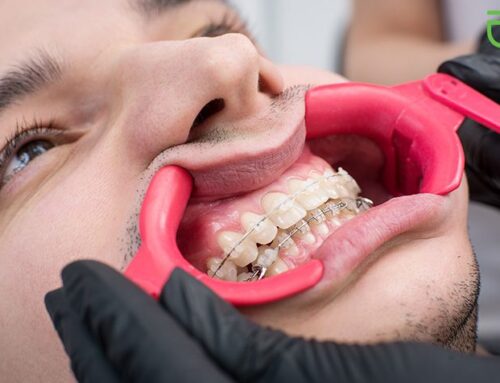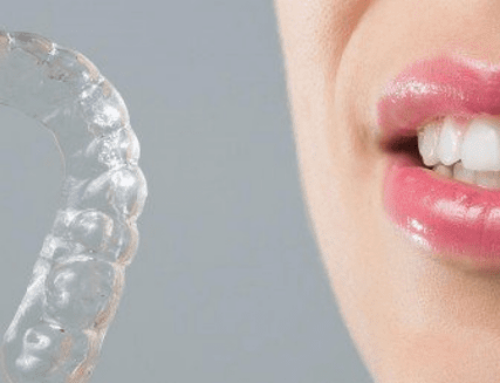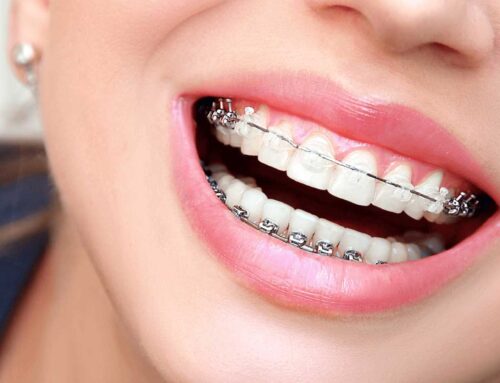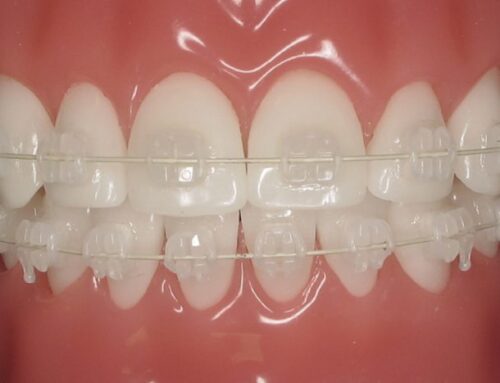Free From Braces, At Last! Now, What Comes Next?
Some people have to wait years before their braces can be removed, to the point where they might forget what it’s like to have a mouth without metal. Whether it’s been a matter of months or years, once the (hopefully) “final” orthodontist appointment is scheduled, you might wonder what to expect when the braces come off – but the anticipation can be much worse than the actual experience, so we’ve answered some of the most common questions that patients have.
Will Removing My Braces Hurt?
It shouldn’t be painful, but you’ll feel some pressure and discomfort while the dentist uses tools to remove the brackets, then scrapes the bonding glue from the surface of the teeth. You’ll hear some interesting noises, too, but the removal of the braces themselves should not cause significant discomfort. Much like after any adjustment you’ve experienced in the past, your teeth might feel sensitive and your gums may be tender or swollen for a while after your appointment.
How Long Does Removal Take?
You can expect your appointment to take at least an hour, and once the braces are removed, your dentist will want to take an impression of your mouth for fitting a retainer. Try not to make any plans after the appointment so you can take a few hours to relax. Your mouth may feel sore, so talking, eating and even smiling might be slightly uncomfortable, but the feeling shouldn’t last for more than a few days. Some foods can cause additional sensitivity, so you might want to avoid hot/cold and hard, chewy or crunchy items until the tooth and gum soreness completely disappears.
Why Do My Teeth Look Stained?
Depending on how well you took care of your oral hygiene while the braces were on, you might see discolouration that appears more noticeable in contrast to the lighter spots where the teeth were covered by braces. With professional cleaning, regular brushing and, if needed, whitening treatments, yellowing and irregularities usually can be eliminated, or at least diminished. If you drink coffee or tea, be sure to rinse your mouth with water to reduce staining. Ask your dentist for suggestions if you have any concerns about the appearance of your teeth; the next step might be looking into cosmetic procedures.
Why Does The Inside Of My Mouth Feel So Strange?
Calluses on the inside of your lips and cheeks can be caused by rubbing against braces, but you probably didn’t notice them as much until the braces came off. Now, suddenly, you can feel your mouth in new ways that don’t always feel comfortable. Not to worry, the calluses eventually will disappear, and the “strangeness” of your brace-free mouth will soon feel familiar, and better than ever!
Can I Skip The Follow-Up Appointment(s)?
Definitely not. A professional dental cleaning is essential to remove the plaque that built up around the braces, and as always, regular dental checkups will prevent any surprises down the road. After removing the braces, it’s important for your orthodontist to make sure your teeth won’t start shifting. It’s natural for teeth to want to migrate back to their original positions, which is why a retainer is essential. If you’re wearing your retainer as recommended, tooth movement shouldn’t be an issue, but sometimes there are other factors that might cause changes in the alignment of your teeth. In some cases, after examination, an orthodontist might recommend that you wear a retainer longer than originally recommended, and there could be additional checkups required. To ensure the best long-term results, you might need to wear a retainer indefinitely, but even so, it usually only needs to be worn at night. Just remember, you did a lot of hard work to get your mouth to this point, so it’s worth the effort to maintain.
A study published by Nature.com found that “the vast majority of adult patients are surprised when told that the orthodontic correction will not be long lasting without [a retainer]…. it is therefore essential patients have a realistic idea of what lies ahead of them.” It’s estimated that as many as one in four people who get braces need to redo the procedure because they didn’t wear a retainer consistently.
According to the Canadian Association of Orthodontists, for at least six months you can expect to wear a retainer “anywhere from 12-23 hours a day, a process that might have you vulnerable to added bacteria around your teeth and gums throughout the day.” There are several types of retainers, usually chosen by your dentist according to individual requirements. If you are an active person who enjoys a variety of sports, also consider purchasing a mouthguard to ensure your straight teeth don’t suffer any injuries.
Keep in mind, age is a significant factor in the stability of teeth, because of progressive changes in bone density and gum health. A procedure that might work perfectly well for a 20-year-old is much different for someone in their 40s, or older, especially if that person didn’t consistently maintain optimal oral hygiene. In cases where there are signs of periodontal disease or other conditions, aftercare will need to be monitored more carefully. Your dentist will be able to recognize and identify any ongoing symptoms of concern.
While the inconvenience of brushing with braces is now a thing of the past, you’ll still need to be vigilant to ensure your new smile stays as healthy as possible. Here are a few recommendations to remember, regardless of your age or tooth condition:
- After the braces come off, be sure to floss daily and use a soft-bristled toothbrush twice a day, or more as needed.
- Change your toothbrush as soon as the bristles look worn, every few months.
- Be sure to maintain the same level of cleanliness for your retainer as you do for your mouth.
- Keep a travel toothbrush in your purse/car/briefcase.
The day you say goodbye to elastic bands, wax and braces is the beginning of a better smile, but it isn’t the end of the road. While the hardest work is already done, the continued care for your teeth will reward you with a grin that can last a lifetime.
Appointment Request
If you’re interested in any of our procedures, and would like to meet with one of our dentists to discuss options, costs and get additional information, complete this short form and we’ll give you a call to arrange for a no-obligation appointment at our Barrie clinic.

